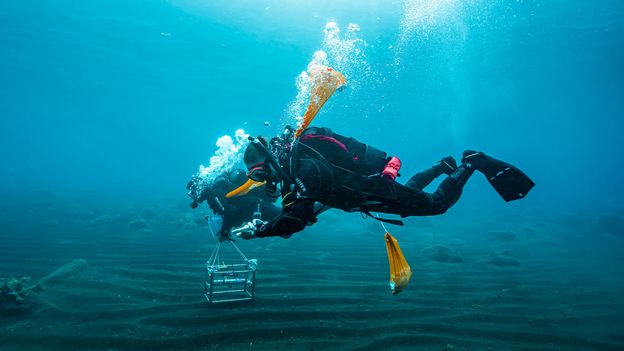Summary
Scientists are exploring the potential of microbes, particularly cyanobacteria, to help address climate change and other environmental challenges. A new strain of cyanobacteria discovered near Sicily was found to consume carbon dioxide (CO2) rapidly through photosynthesis, converting it into biomass. These microbes can capture more carbon in a shorter time frame and can be grown in non-arable land or seawater, not competing with food production. Researchers are creating a “living database” to share DNA sequences, allowing scientists worldwide to continue studying these microbes. Microbes can also be used to address the decline in pollinator populations, offering a multifaceted approach to environmental issues.
You must log in or # to comment.


